The Middle East is witnessing renewed efforts aimed at achieving a lasting resolution to the Israeli-Palestinian conflict, despite ongoing challenges and hostilities. A pivotal development is the upcoming United Nations conference scheduled for June 17–20, 2025, in New York. Co-chaired by France and Saudi Arabia, this conference seeks to advance the two-state solution, emphasizing the establishment of an independent Palestinian state alongside Israel. UN Secretary-General António Guterres has underscored the urgency of preserving the viability of peaceful coexistence between an independent Palestine and Israel. However, Israel has declined to participate, citing concerns over Hamas’s actions, including the October 7, 2023 attacks that resulted in over 1,200 Israeli and foreign deaths and the ongoing hostage situation. Israeli Prime Minister Benjamin Netanyahu opposes the creation of a Palestinian state and advocates for annexing parts of the West Bank, rejecting both two-state and one-state solutions. The backdrop includes the escalating humanitarian crisis in Gaza, where over 54,000 Palestinians, mostly women and children, have died since Israel’s military campaign began. French President Emmanuel Macron has signaled support for recognizing a Palestinian state, while Saudi Arabia calls for an end to Israeli occupation to foster regional peace and prosperity.
In parallel, Russian President Vladimir Putin has expressed readiness to assist U.S. President Donald Trump in negotiations with Iran over its nuclear program, leveraging Moscow’s close ties with Tehran. Both leaders agree that Iran should not possess nuclear weapons. The Kremlin’s spokesman, Dmitry Peskov, confirmed Russia’s support for the ongoing diplomatic efforts, though a specific timeline for Putin’s direct involvement wasn’t disclosed. These developments come amid tense negotiations, where Iran has firmly rejected U.S. demands to cease uranium enrichment and export its enriched uranium—a key concern for Washington. Iran’s Supreme Leader Ayatollah Ali Khamenei emphasized that such concessions contradict the country’s core values of self-reliance. Although the talks, facilitated by Oman, have reached five rounds, major disagreements remain unresolved, highlighting the complexities in reaching a new nuclear deal.
On the ground, the humanitarian situation in Gaza continues to deteriorate. Intensified Israeli military offensives have led to significant civilian casualties, with recent airstrikes killing at least 27 Palestinians, mostly women and children. The death toll now exceeds 54,000 Palestinians, and severe Israeli blockades have pushed half a million toward starvation. Despite international condemnation and pressure from the UN, EU, and countries like France, Germany, and Ireland, Israel’s government remains defiant, expanding settlements and limiting aid through an opaque new delivery system, which critics say enables displacement. Prime Minister Netanyahu justifies the offensive as necessary to destroy Hamas, while accusations of war crimes mount, even from within Israel. The U.S., under President Trump, has shown limited will to leverage influence over Israel, with ceasefire proposals favoring Israeli interests. As hope for peace wanes, many observers believe that greater U.S. pressure, particularly from Trump, is crucial for ending the war, but his reluctance signals continued conflict and humanitarian deterioration in Gaza.
In response to the ongoing conflict, former Israeli Prime Minister Ehud Barak has urged current leadership to support a U.S.-backed hostage release and Gaza ceasefire deal, aligning with President Trump’s vision for a normalized Middle East. He criticizes Prime Minister Benjamin Netanyahu for prioritizing political survival over national security and moral responsibility, accusing him of prolonging the Gaza conflict to avoid legal and political repercussions. Barak points to the Israel Defense Forces’ tactical successes as an opportunity to halt the war and pursue a diplomatic resolution. The alternative—a “war of deception” led by extreme-right ministers—would cost more Israeli lives, deepen international condemnation, and fail to eliminate Hamas. Barak proposes a practical post-war governance plan involving an inter-Arab force, technocratic Palestinian government, and regional cooperation. He blames Netanyahu’s political alliances and erosion of democratic norms for Israel’s current crisis and urges the public to demand leadership change. He expresses hope for Israel’s recovery, asserting that the war will end soon and democratic values will prevail under new, responsible leadership.
These developments underscore the complex and multifaceted nature of the Middle East peace process. While international efforts continue to seek a resolution, the path to lasting peace remains fraught with challenges, including political disagreements, humanitarian crises, and regional tensions. The coming months will be critical in determining whether these initiatives can translate into tangible progress toward a peaceful and stable Middle East.

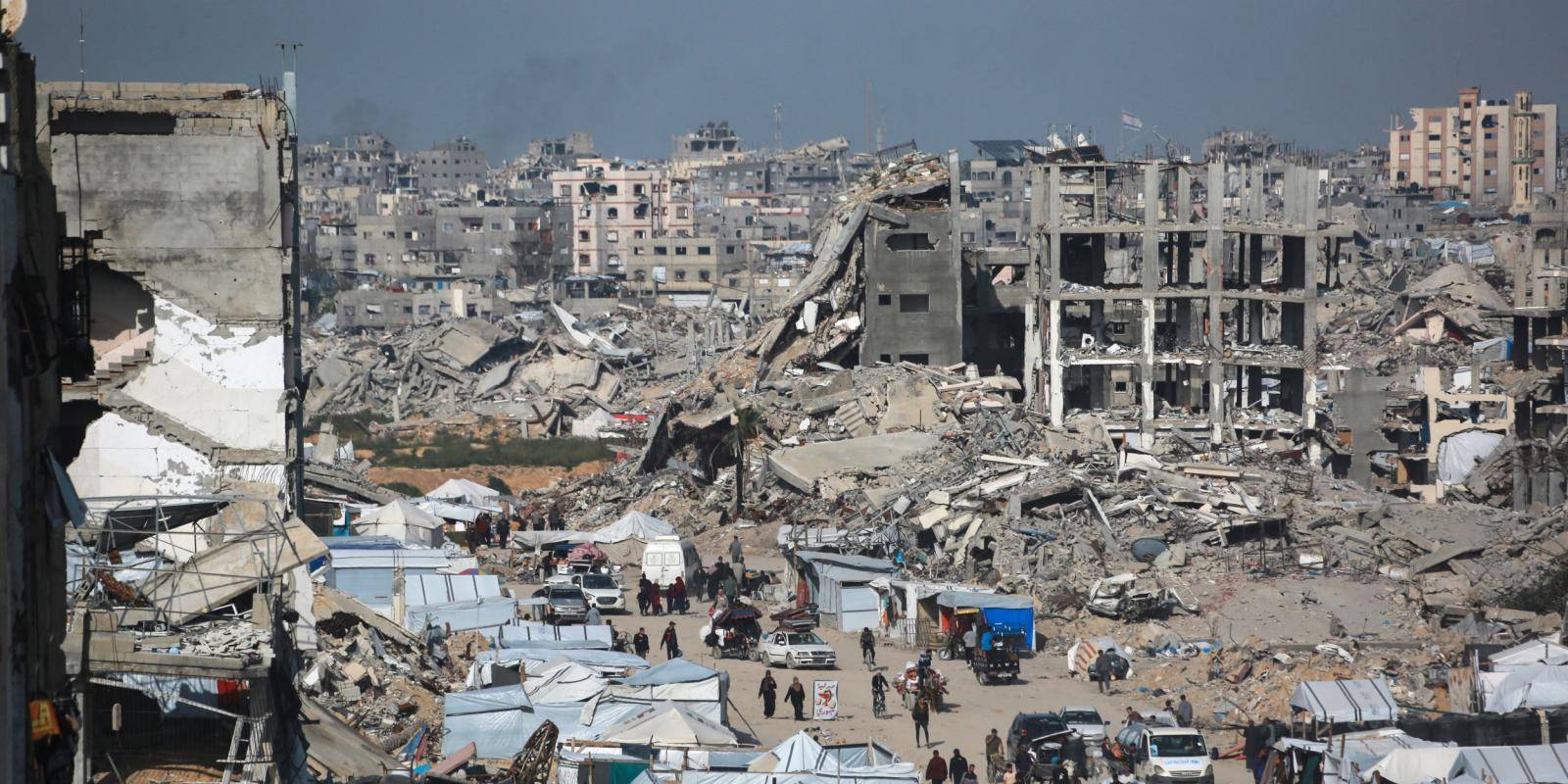

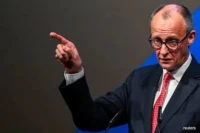
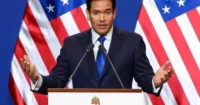
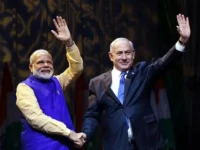

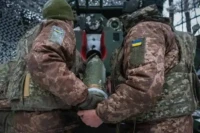
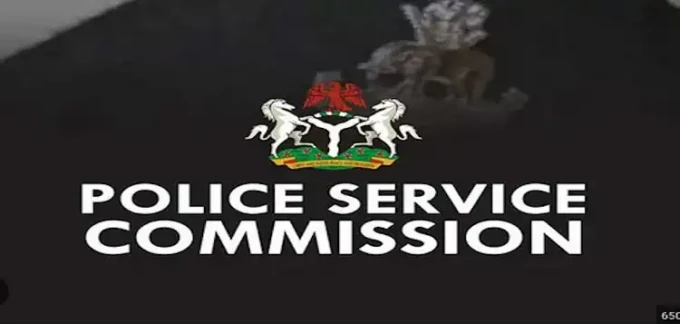
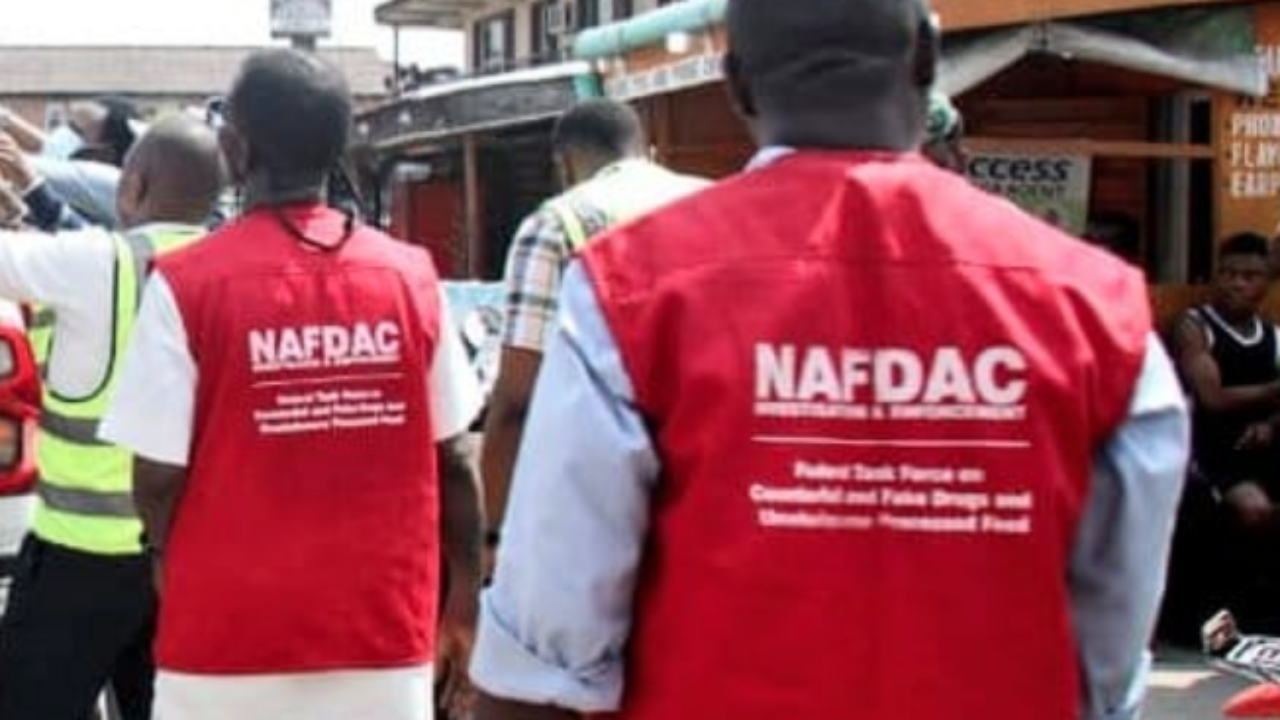

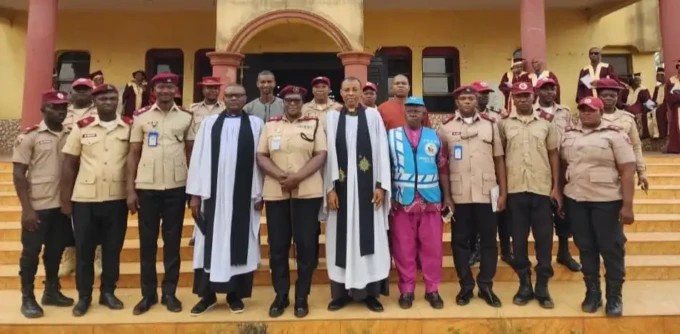
I dont understand why they keep pushing for peace talks when it seems like nothing ever changes. Is it all just for show?
Sure, renewed efforts for peace sound great, but are we just going in circles with the same old conflicts? 🤔
Do you think peace talks in the Middle East will actually lead to lasting resolution this time? Im skeptical but hopeful!
I think its great theyre trying to make peace, but havent we seen this movie before? Will it actually lead to lasting change?
Do you think the current Middle East peace talks will actually lead to a lasting resolution this time? Im skeptical.
Why do they keep trying the same thing over and over? Maybe its time for a completely new approach. Just a thought!